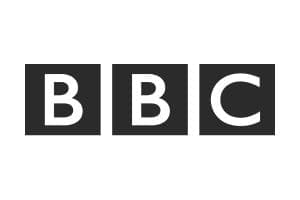Shoulder Pain
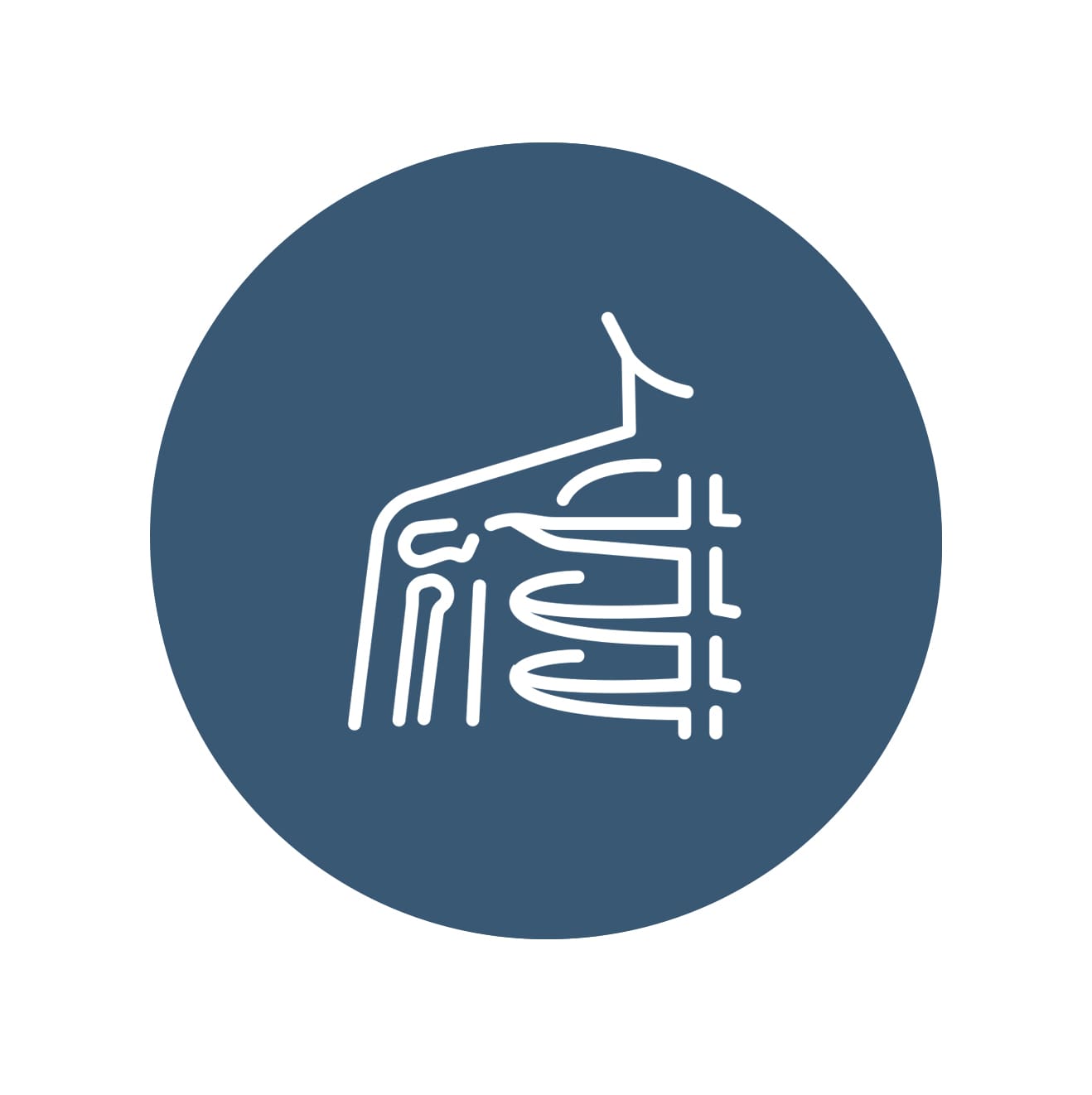
We specialise in treating shoulder pain using osteopathy, physiotherapy, and chiropractic services at our leading-edge clinic, near Sevenoaks.
Below, we have outlined some of the most common shoulder conditions that we see at Acer House Practice, and we have given examples of some of the most common causes and treatment options.
.
Rotator Cuff Injuries
Rotator cuff injuries are a common cause of shoulder pain. The rotator cuff is a group of muscles and tendons that form part of your shoulder joint. Together, they enable you to lift and rotate your upper arm and help keep the joint stable.
Most rotator cuff pains are caused by over-use however, these tendons and muscles are also vulnerable to trauma and injury. A sudden fall or a forceful impact can injure the rotator cuff. Equally, tears can develop gradually over time, particularly with repeated, overhead movements.
An injury to your rotator cuff will typically cause you problems with reaching and lifting movements, which are often accompanied by sharp pain. This pain may also be pronounced at night if you’re lying on the affected shoulder, and it may radiate down your arm.
Most rotator cuff injuries respond well to physiotherapy once they have been identified through a careful clinical examination using various orthopaedic tests.
Where necessary, we might use a dynamic ultrasound to identify a possible partial or complete tears, as well as to evaluate the health of the tendon – in other words, checking for rotator cuff tendinopathy.
Ultrasound may also identify other associated conditions such as a ‘subacromial bursitis’ which often mimics the presentation of rotator cuff pain.
Less commonly, we might refer you for other imaging modalities such as an MRI but our physiotherapist or consultant doctor will explain the best investigation and treatment options available to you.
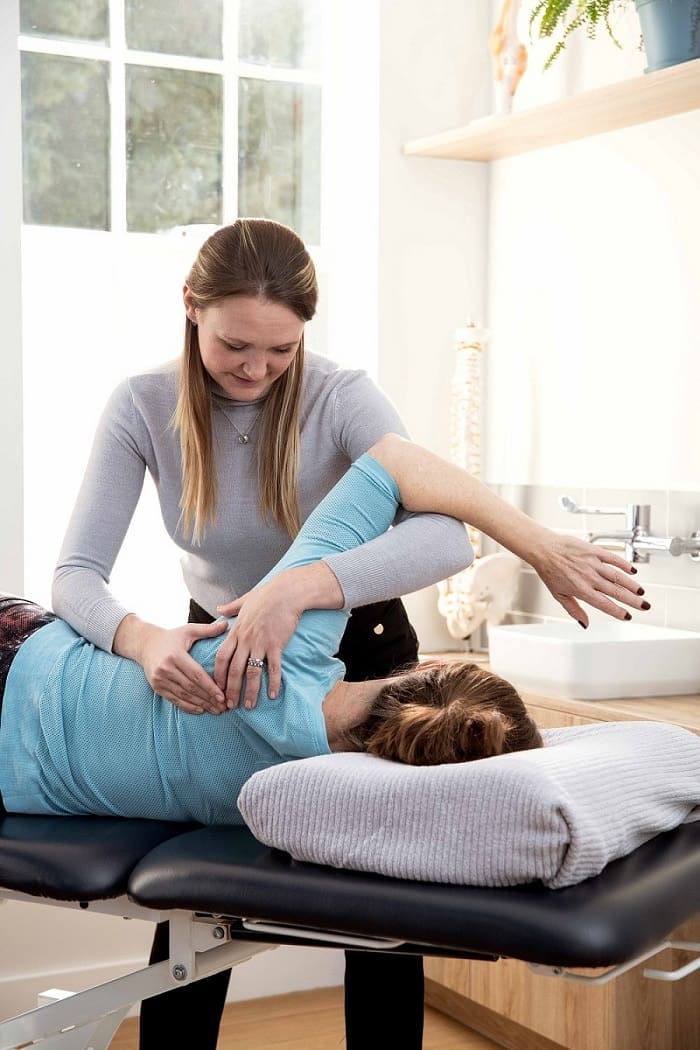
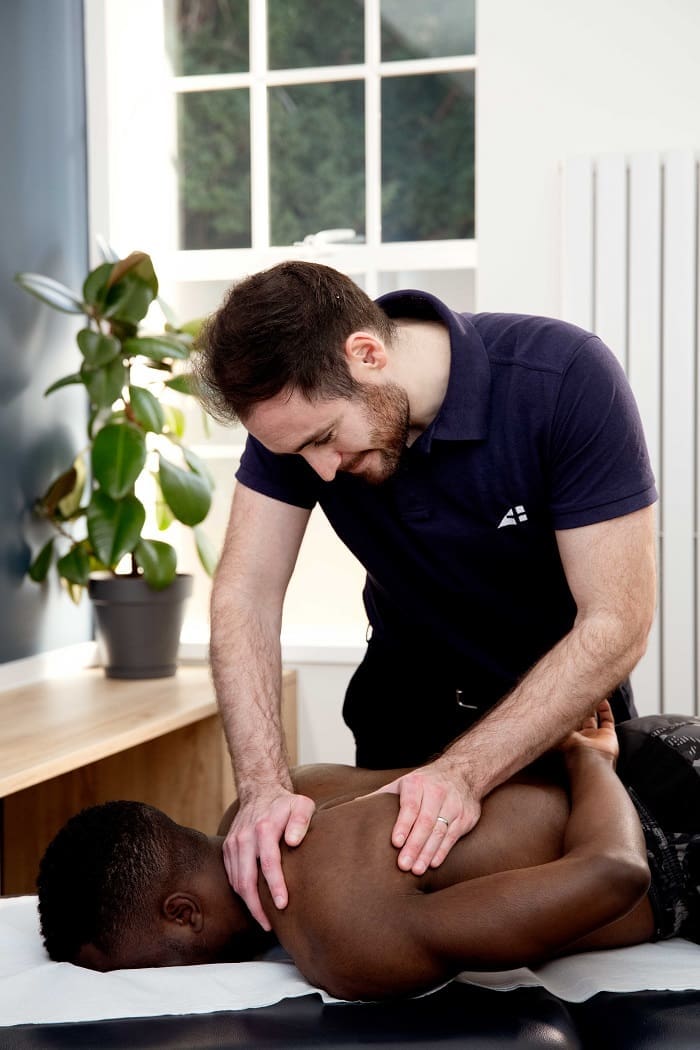
Frozen Shoulder: Pain and Stiffness
Frozen shoulder, also known as adhesive capsulitis, is a condition characterised by severe shoulder pain and stiffness. It arises from inflammation of the joint capsule which is simply a fluid-filled sac that surrounds the joint.
Under normal circumstances, this capsule is highly flexible and elastic, allowing you to have a wide range of shoulder motion. However, inflammation and thickening of the capsule leads to a loss of elasticity, resulting in pain and stiffness.
Frozen shoulder can develop spontaneously or be triggered by a seemingly minor injury or occasionally can follow either surgery or a fracture.
Recovery timeframes vary greatly. While the most painful and stiff phase (often termed the ‘frozen’ phase) of the condition typically passes within 3-9 months, unfortunately, regaining full shoulder movement can sometimes take several years. An accurate diagnosis is, again, fundamental to helping your recovery.
During the most painful stage, our doctor might prescribe you with medication to ease the pain or refer you for specialist injection therapies. Our physiotherapy and osteopathy teams can also help you using a wide range of therapies to ease your pain that can also help restore your shoulder movement more quickly.
Shoulder Injuries in Sport
Athletes of all levels, from elite professionals to recreational enthusiasts, are no strangers to shoulder injuries.
As specialists in sports injury treatment and rehabilitation, we have treated many people – from elite sportspersons to amateur players – who have sustained various shoulder injuries, including dislocations, Acromioclavicular joint (ACJ) injuries, labral tears, thrower’s shoulder, biceps injuries, bursitis etc.
The types of shoulder injuries we encounter tend to vary by sport. Those who play contacts sports (such as rugby) are prone to dislocations and ACJ injuries, while biceps lesions are more common in power sports like weightlifting and boxing.
Our sports medicine team will first accurately diagnose your injury, and identify the cause, before developing a recovery plan to return you safely back to your sport.
When appropriate, your clinician may use the specialist equipment in our rehabilitation suite such as dynamometry and force plate testing. These tests might include the athletic shoulder (ASH) test, which identifies sport-specific strength qualities, including maximal strength and rate of force development. This advanced testing will then identify whether further conditioning is required to limit re-injury in the future, and enhance your athletic performance once you return.
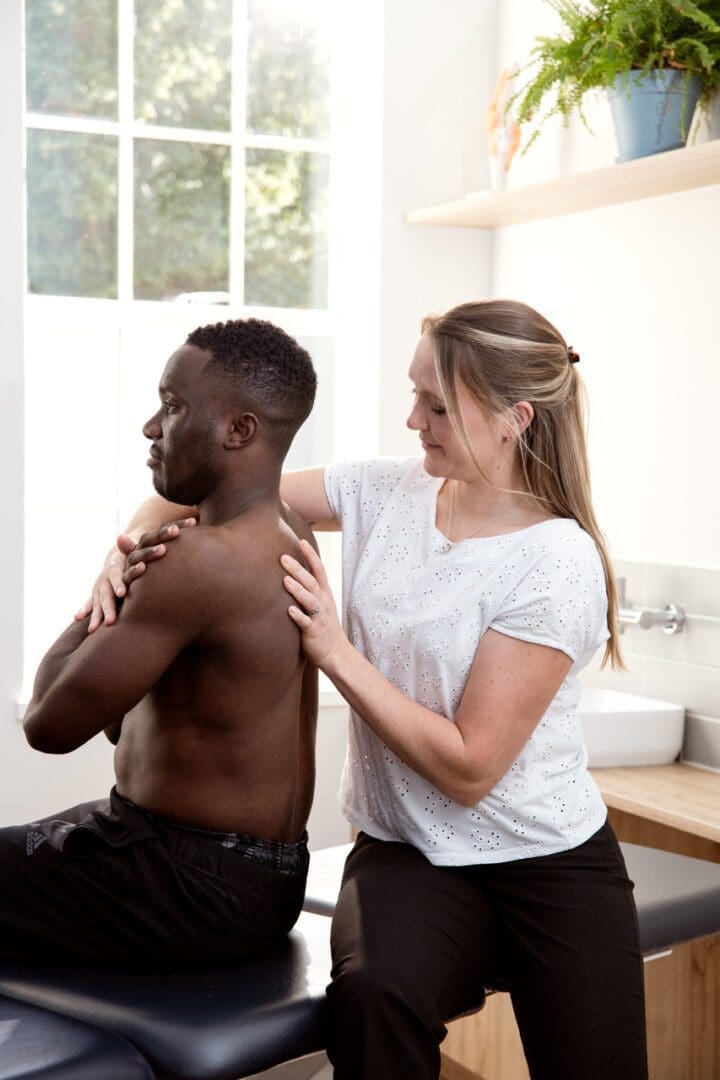
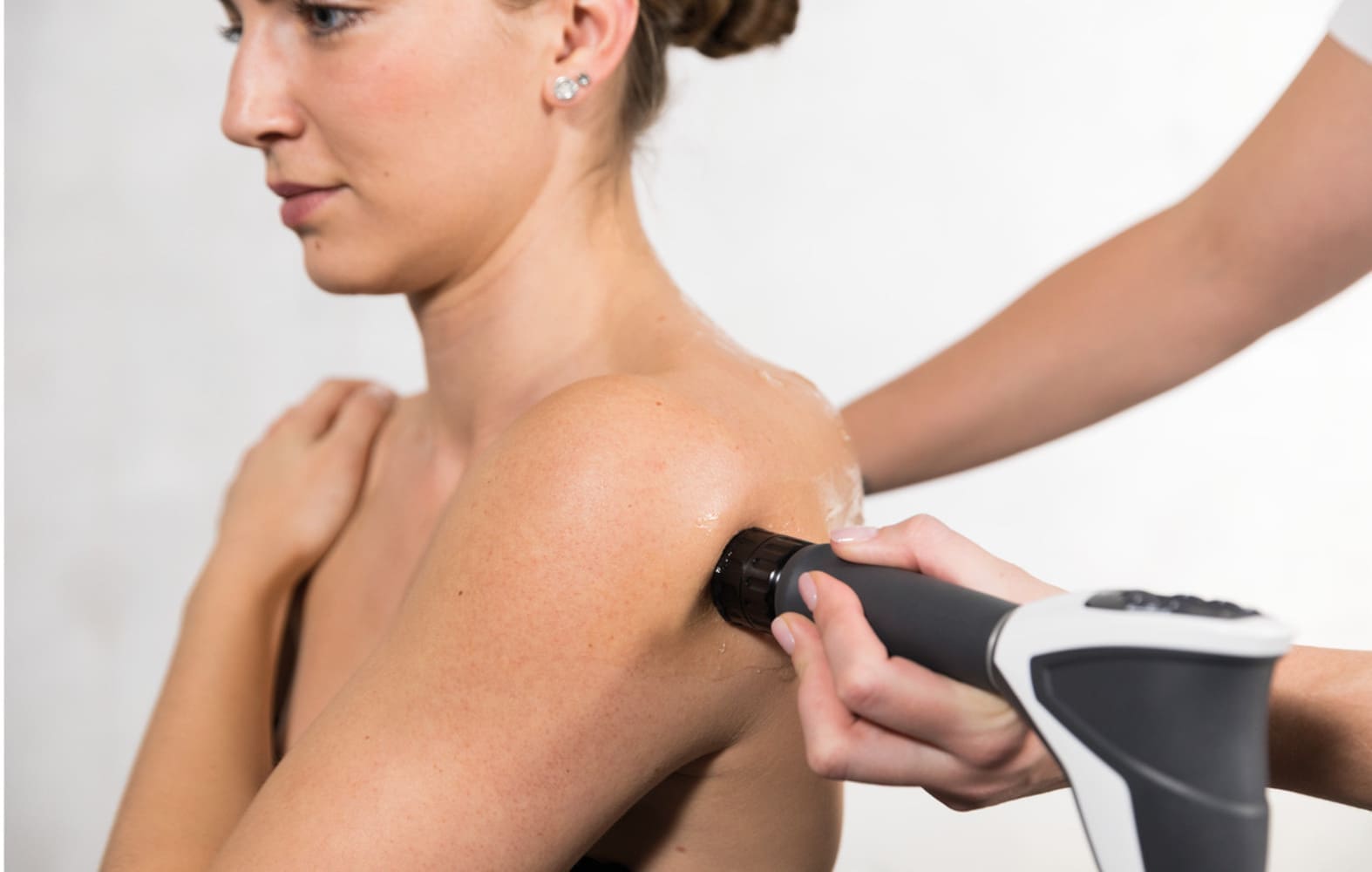
Treatment for Shoulder Pain
Diagnosing shoulder injuries can be challenging; a simple muscle strain, for instance, can mimic the symptoms of a more severe injury.
The most prudent approach is to seek an early assessment from a doctor or one of our team of osteopaths, physiotherapists, or chiropractors.
If a serious injury is suspected, we will refer you immediately for X-rays and/or scans.
Once the underlying cause is identified, we can provide elite-level care and treatment from our multi-disciplinary healthcare team, and you can take advantage of our on-site rehabilitation suite to help restore full movement to your shoulder.
What our patients say about us
Being a Professional Team GB freestyle skier I was experiencing issues with my knees, I dropped into Acer house for a physiotherapy session with Phil Jeffs who was excellent… I feel a remarkable difference. Highly recommend.
Sam G:
Peter is amazing at what he does, very professional and caring. Acer House Practice is a very smart, beautiful practice with very modern facilities.
I highly recommend both Peter and Acer House Practice.
Emma D:
Our Clinic
Located in the picturesque village of Farningham in Kent, Acer House Practice is easily accessed by road and public transport with free parking on site or within the village.
Featured by:

